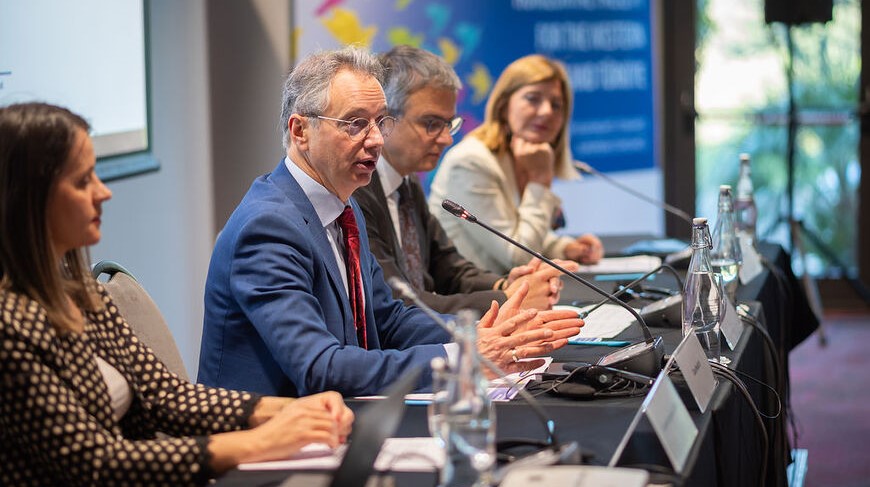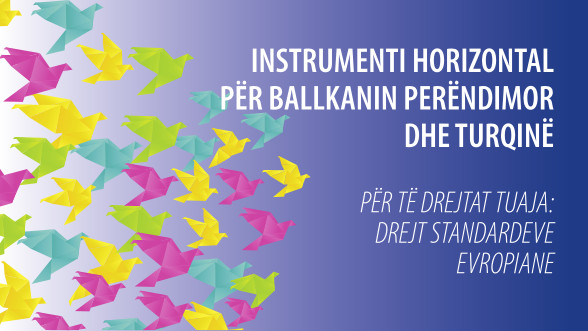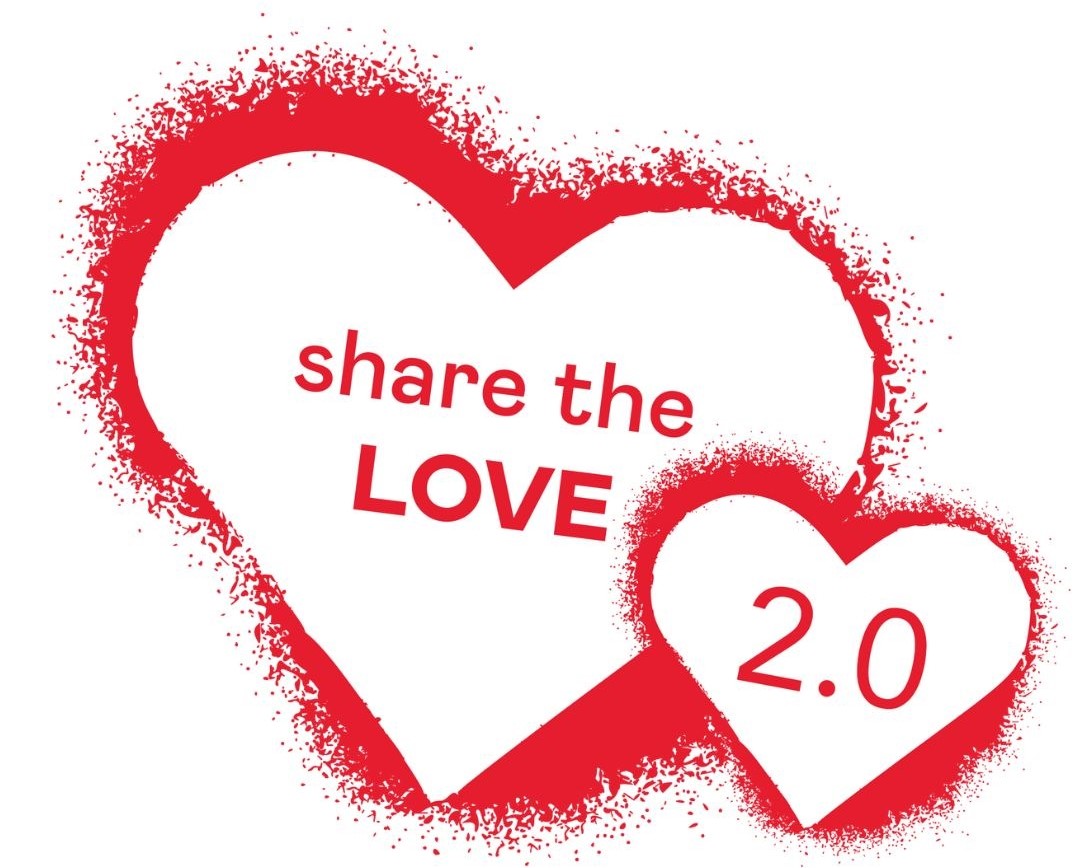From strengthening the accountability of courts and protecting equality through new legislation to fostering inclusion in schools and communities, Montenegro has advanced its reforms with the support of the European Union and the Council of Europe joint programme “Horizontal Facility for the Western Balkans and Türkiye”. These achievements, among others, were highlighted at the programme’s third annual meeting in Podgorica today.
The meeting focused on the impact and sustainability of the programme. It showcased reforms carried out in the areas of justice, human rights, and inclusion, including the adoption of the new Law on the Protection of Equality and Prohibition from Discrimination, improvements to access to justice for victims through amendments to the Law on Free Legal Aid, and the development of innovative digital tools to promote equality and inclusion in schools through the Equal Hack: Code for Equality hackathon.
Opening the event, Nizaheta Kurpejović Cikotić, Acting General Director, General Directorate for Multilateral Affairs, Ministry of Foreign Affairs, conveyed her appreciation to the Council of Europe Programme Office in Podgorica and the Delegation of the European Union for their active engagement and cooperation, which are contributing to tangible progress in Montenegro. “The project activities, implemented primarily through the Horizontal Facility for the Western Balkans and Türkiye, constitute an investment in building a more inclusive, just, safe, and resilient society,” she noted.
Bernard Brunet, Head of Cooperation, Delegation of the European Union to Montenegro said “In the previous years, Montenegro has made progress in the adoption of legislation, but there is still a lot of work ahead on improving the functioning of Montenegrin democratic institutions, achieving better results against corruption and organised crime, and making the judiciary more independent, professional and efficient. These are some of the ‘fundamental pillars of the EU accession’ process and a track record of implementation of reforms in these areas is necessary to close accession negotiations.”
Claus Neukirch, Director of the Directorate of Programme Co-ordination of the Council of Europe, underlined the programme’s importance for Montenegro’s reform process. “The Council of Europe remains dedicated to supporting Montenegro in advancing its reform agenda in the areas of human rights, rule of law and democracy, together with the European Union and in partnership with the beneficiaries. The ownership demonstrated by the beneficiaries regarding the results achieved is pivotal in ensuring their sustainability,” Neukirch noted.
Through two parallel thematic sessions, senior representatives from Montenegrin institutions, including the Supreme Court, the Ministry of Justice, the Ministry of Human and Minority Rights, the Police Directorate, and the Directorate for Execution of Criminal Sanctions, as well as Deputy Ombudsperson, shared experiences and lessons learned from implementing the Horizontal Facility projects.
The “Horizontal Facility for the Western Balkans and Türkiye” is a co-operation initiative between the European Union and the Council of Europe, the third phase of which is running from 2023 to 2026. The programme supports Beneficiaries in meeting their reform agendas in human rights, rule of law, and democracy, aligning with European standards and priorities for EU enlargement.



